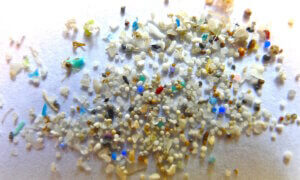Did you notice Google Search results have become horrible if you’re actually looking for information? You’re not alone, and now researchers have put into numbers just how bad Google search results have become in recent years.
A new report in 404Media reveals a “cat-and-mouse game” between search engines and spammers.
The researchers, from Leipzig University, Bauhaus-University Weimar, and the Center for Scalable Data Analytics and Artificial Intelligence, analyzed search results for 7,392 product-review terms for an entire year. They looked at not just Google but Bing and DuckDuckGo as well.
The super short answer as to why Google Search results are terrible? “Only a small portion of product reviews on the web uses affiliate marketing, but the majority of all search results do.”
What is affiliate marketing?
If you ever read your favorite blog and saw a disclaimer that the publisher is earning a small commission or a fee if you buy something through a link they posted, that’s a so-called “affiliate” link.
Considering publishers have a hard time monetizing their content, with only the major publications able to implement a paywall and expect their users to subscribe, affiliate marketing was one of the ways smaller companies could stay afloat. We ourselves use affiliate links on this very site when we recommend products we try and love, and those small commissions do make a difference.
As for SEO, take our Makeblock review for example. An editor spent dozens of hours trying this toy and then writing a review but, without any search engine optimization added to it, this article just doesn’t show up in Google results when you look for the product name.
It’s a system that could work to allow decent publishers to make a living, but it’s also a system that enables hundreds of thousands of content mills to take advantage of Google’s search algorithms.
If you want to read this study and get a better understanding of the phenomenon, you can download this PDF.
Also read: Bye Headlines? Google Will Soon Summarize Articles Using Their Own Generative AI
Follow TechTheLead on Google News to get the news first.

























